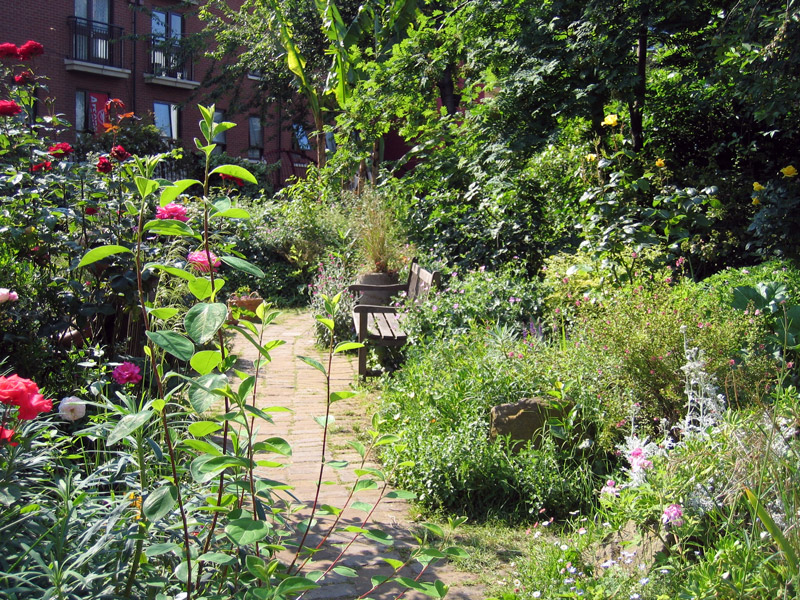
A year ago, in collaboration with Frieda Gormley and Javvy M Royle from House of Hackney, we launched the We Are Nature campaign, a grassroots movement to persuade dictionaries to update English-language dictionary definitions of the word Nature to include humans. Today, thanks to unified action, we are contributing towards challenging the discourse of separation that exists.
Our Achievements
These small changes will help to shift public discourse: definitions frame perception, and how we define “Nature” impacts and shapes our relationship with it. At the heart of the campaign is the belief and hope that by emphasising our connection to Nature, we can deepen our care and compassion for it, ultimately supporting greater environmental protection.
From the UK to the US
With the UK momentum building, we are now turning our attention to the United States. In April 2025, on Earth Day, we delivered an open letter to the four major U.S. dictionaries. We asked them to recognise and incorporate a definition of Nature that includes humans. We have secured a number of US supporters, such as Robin Wall Kimmerer, Joanna Macey and Baratunde Thurston, who all agree that the discourse which separates us from Nature needs to shift.
Awareness of our connection with Nature is gaining momentum across the UK and internationally. On 16–17 June 2025, our director Jessie Mond Wedd was invited to attend and present at the Nature Connections Conference at the University of Derby.
It was heartening to witness scholars, educators, and practitioners coming together to push the conversation forward on the value of our relationship with Nature across sectors, disciplines, and in varied, innovative ways.
The two-day conference featured thought-provoking presentations from speakers including Dr. David Drake and Dr. Jessica Tipton. Professor Miles Richardson unveiled new findings from his research, revealing that nature-related vocabulary in English literature has declined by 50–60% since 1800, signalling a deep cultural disconnect from the natural world. Matteo Giusti presented the BeNature guide, available as a free download, which he has been developing as a tool for assessing nature-centred learning and fostering nature relationships. Carly Butler led a workshop exploring how sharing personal stories about connecting with Nature can deepen emotional engagement, both for the storyteller and for those listening.
The event inspired new ideas and meaningful discussions. Attendee Susan Kench has since written a blog post referencing the campaign, highlighting how language shapes the way we relate to and engage with Nature.
The growing impact of the We Are Nature campaign, particularly within education, is both exciting and encouraging. Ensuring that children and young people understand our deep connection with Nature, and the vital role it plays in supporting mental and physical health, is more important than ever.
The Oxford University Museum of Natural History is now integrating the campaign’s core message into its youth-focused programming. This work is being supported by the Jackson Foundation Gallery in Cornwall, which has developed and delivered workshops inspired by the campaign, with a focus on the power of language in shaping our relationship with the natural world.
Rachel Lochead of the Jackson Foundation Gallery shared what drew her to the campaign:
“The We Are Nature campaign captured my attention in Positive News Magazine and I was immediately struck by how crucial the sentiment is for teaching children about the environment and their place in it. The fact that the dictionary definition had gone so awry and separated us from the other elements of the planet was very stark and I feel children are the ideal audience to really take on the redressing of the balance here..”
At the Oxford University Museum of Natural History, Devika, Youth Programmes Lead, explains:
“This year, our natural science and heritage programme is focusing on We Are Nature, adapting it to the context of our museum to help our audiences engage with the idea through our youth mentors and leaders.”
In practice, this means the museum is:
By doing so, the museum is turning the campaign’s philosophical and linguistic goals into meaningful educational experiences. It’s a compelling example of how institutions can bring the message to life in ways that are inclusive, relevant, and rooted in local contexts.
If you're interested in running similar workshops or incorporating the campaign’s message into educational or cultural programmes, we’d love to hear from you.
At its core, the campaign reflects one truth: we are a part of Nature. If dictionaries separate humans from Nature, it reinforces the discourse of separation which many link to the harm we are causing to Nature. Including humans in the definition reinforces a scientific fact that we are part of a wider ecosystem and the wider web of life.
Revising definitions is not merely symbolic, it can be strategic and have real life consequences. Dictionaries have power and representation, they are used in court cases, to draft legislation, policy and in education. It is imperative that definitions accurately reflect how words are used and the scientific and ecological evidence.
As Tom Oliver noted in The Conversation:
“The great thing is, by doing this, we rekindle the bonds of care towards the living world around us. And by dispelling the illusion of our separation from Nature, we can also expect to live happier lives. Words matter – there is restoration and joy from talking about how we are Nature.”

Are you a lawyer concerned about the state of nature and the meta-crisis we face? Are you interested in using the law as a powerful tool to protect and restore nature? Do you want to understand how you can use your skill set to make a difference?